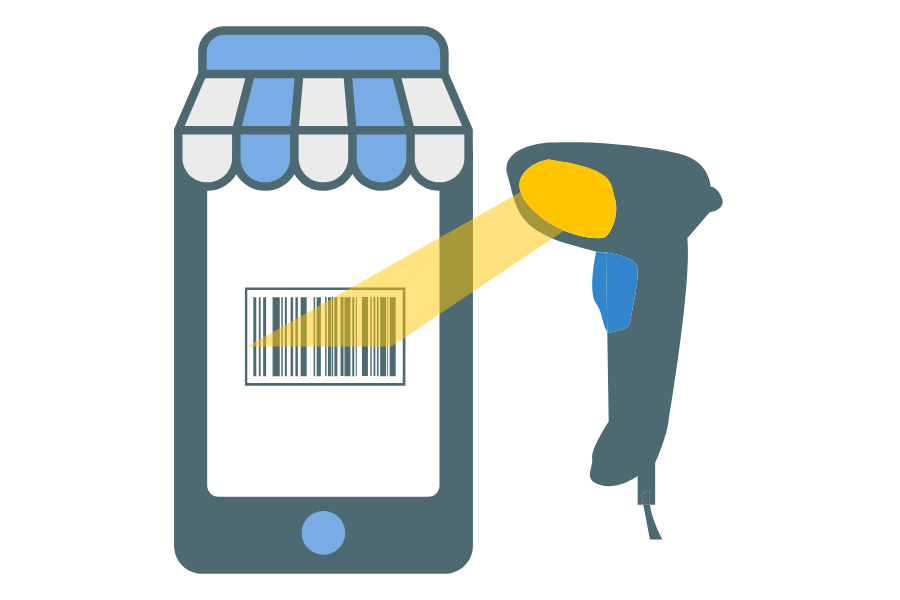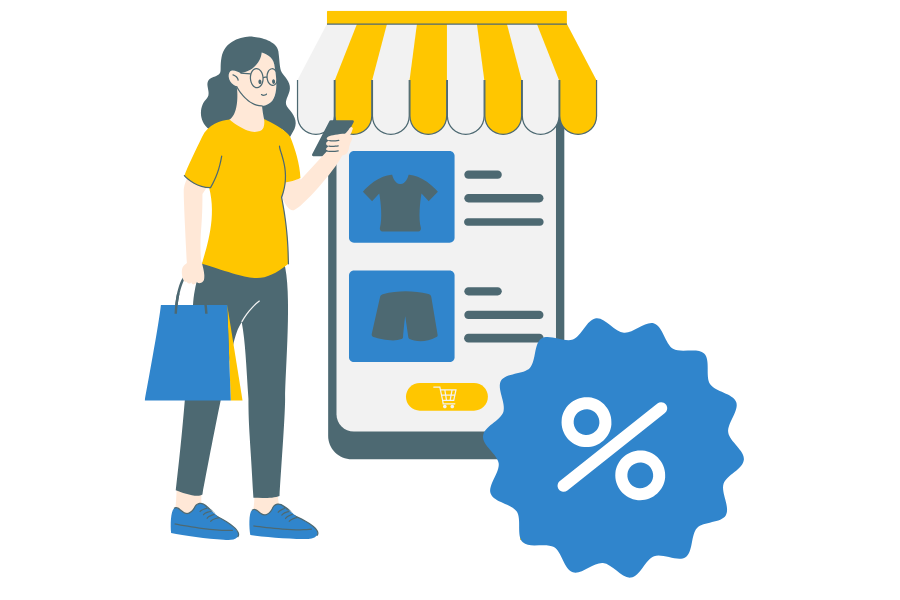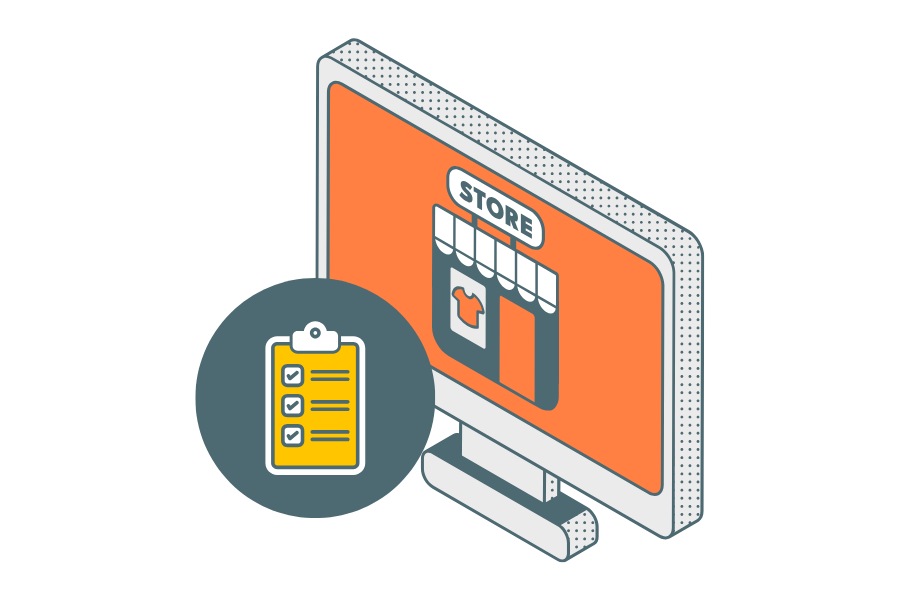Self Assessment for UK Sole Traders: A Beginner’s Tax Guide
For UK small business owners operating as sole traders, staying on top of tax obligations is crucial. Understanding Self Assessment and how it fits within accounting services in UK can make managing your business finances much simpler.
This guide breaks down what you need to know about registration, filing, deadlines, and accounting methods to keep your tax affairs in order.
Who Needs to Register for Self Assessment?
If you earn money through self-employment, it’s important to know whether you must register for Self Assessment. Here are the main reasons you would need to register:
- Earn more than £1,000 from self-employment during a tax year (6 April to 5 April).
- Need to prove your self-employed status for government schemes like Tax-Free Childcare.
- Want to make voluntary Class 2 National Insurance contributions.
- Are a subcontractor under the Construction Industry Scheme (CIS).
How to Register for Self Assessment
Registering with HM Revenue & Customs (HMRC) is straightforward but must be done on time to avoid penalties. Here’s what you need to do:
- Register online or by post through HMRC.
- Use your National Insurance number during registration. If you don’t have one, you must apply first.
- Register by 5 October after the end of the tax year in which you started trading.
- For example, if you began trading in the 2024/25 tax year, register by 5 October 2025.
- Upon successful registration, you will receive a 10-digit Unique Taxpayer Reference (UTR) number from HMRC.
✅ Paperwork eating your time? Let AI do the heavy lifting. Our platform automates daily tasks while expert accountants ensure everything’s perfect. Break free here.
Filing Your Tax Return
Filing your Self Assessment tax return is an annual requirement for sole traders. Here’s what you need to know about the process:
- Complete your tax return after the tax year ends (after 5 April).
- Submit your return online (recommended) or by paper.
- Deadlines are:
- 31 October for paper returns.
- 31 January for online returns.
- Complete the main SA100 form along with the self-employment supplementary form:
- SA103S if turnover is below the VAT threshold.
- SA103F if turnover exceeds the VAT threshold.
- From 5 April 2025, you must specify exact trading start and stop dates.
- If you have income from other sources like employment or property, additional forms may be required.
Understanding Deadlines and Payments
Meeting tax deadlines and managing payments is vital to avoid fines or interest. Here’s what to keep in mind:
- File your tax return and pay any tax due by 31 January after the tax year ends (e.g., 31 January 2026 for the 2024/25 tax year).
- You might need to make payments on account, which are advance payments towards your next year’s tax bill, due by:
- 31 January.
- 31 July.
- Failing to meet these deadlines can result in penalties.
Accounting Methods for Sole Traders
Choosing the right accounting method helps simplify your bookkeeping and tax reporting. The main options include:
- Cash basis accounting (default): Record income and expenses when money is received or paid.
- Traditional accounting (optional): Record income and expenses when invoiced or billed.
- Whichever method you choose, keep consistent records to make filing your Self Assessment easier.
Summary
Understanding Self Assessment is a fundamental part of managing tax for UK small businesses run by sole traders. By registering on time, keeping clear records, and knowing your deadlines, you can avoid penalties and make tax filing smoother. Whether you use cash basis or traditional accounting, staying informed about your responsibilities helps ensure your business remains compliant and financially healthy.
Your Next-Level Accounting Team: AI That Learns + Experts Who Care
Tired of Teaching Every New Accountant About Your Business? Traditional accounting services mean repeatedly explaining your business to new staff. Modern companies need systems that learn and remember—exactly what most accounting firms can’t deliver.
Counto’s intelligent accounting service adapts to your business. Our AI learns your specific patterns and transactions, then handles your daily bookkeeping automatically. Expert accountants review everything for accuracy, and your dedicated Customer Success Manager is always just a message or call away. No more repeated explanations, no more basic questions—just accounting that understands your business.
Join small businesses saving hours monthly on financial management with our outsourced accounting solution. Plus, with our AI handling the routine work, you’ll get better insights at a fraction of the cost of a full-time bookkeeper. Ready to upgrade your accounting? Chat with us now, email [email protected] , or use our contact form.







